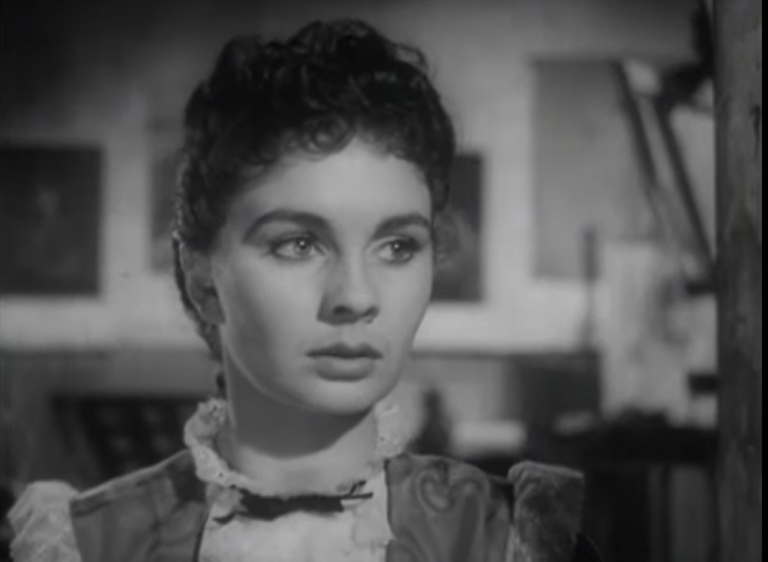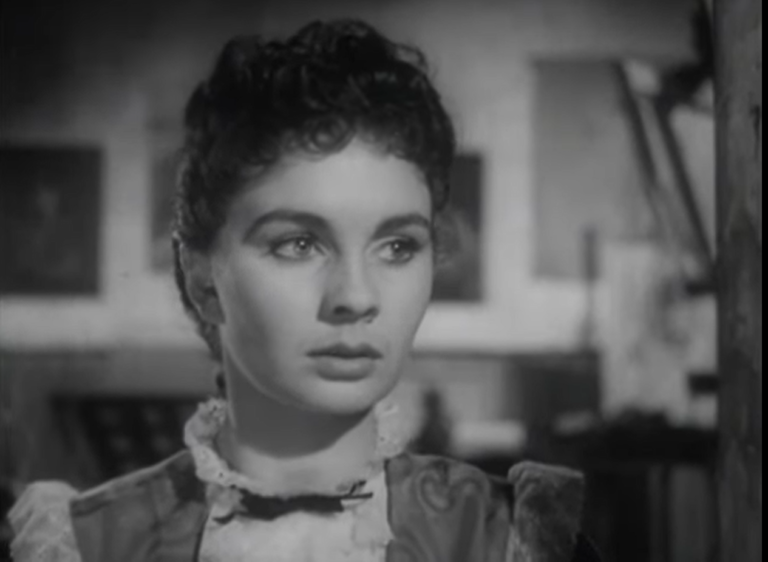FOXTROT LAMONT
One Too Many
- Messages
- 1,613
- Location
- St John's Wood, London UK
I've skipped around Bondage franchise having caught more on YouTube snippets; still with right script adherence, sociopathic James matched above-average direction proved constructive. Fleming's enigma has more than sufficient angst offering real depth to prescient directorial eye. However today's asinine political correct insistence skewers all.I watched this one only recently and thought it was very good for where the Bond franchise is right now.
A Hitchcock turned loose with a free hand cast, material could have forged a true film classic
far away and beyond genre franchise.

